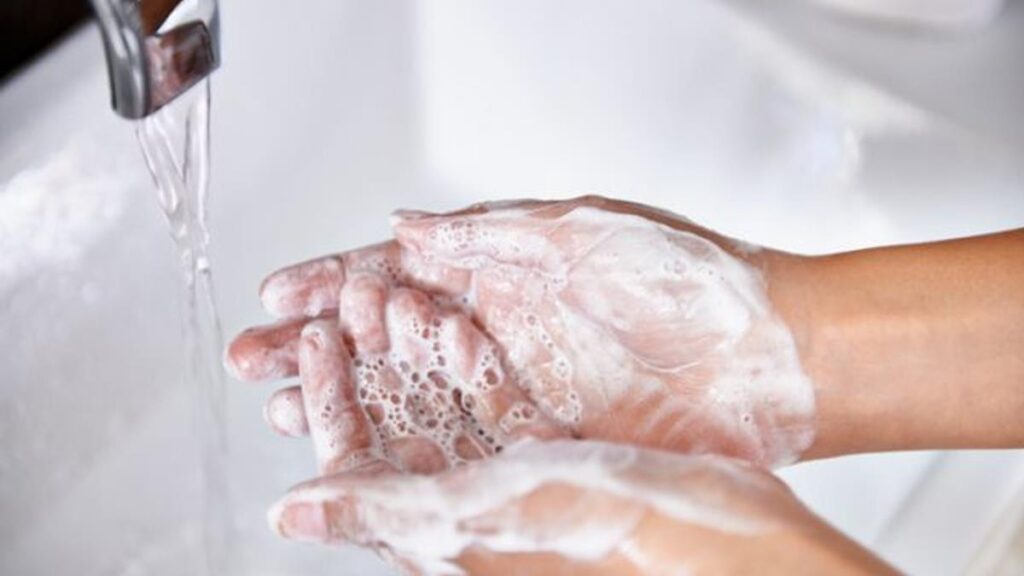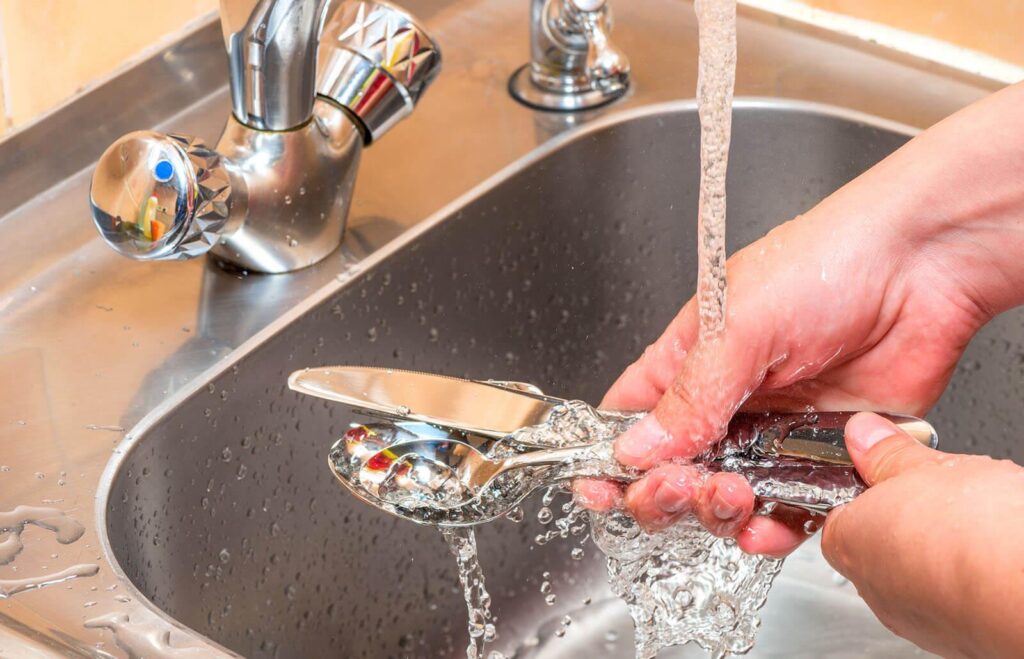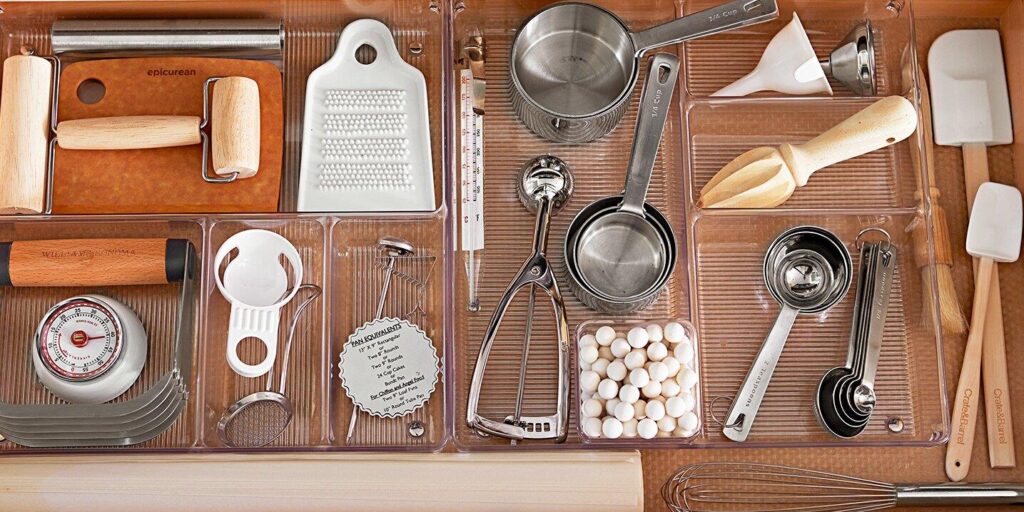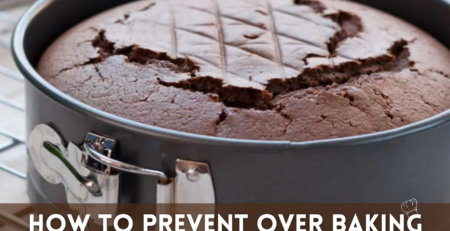What Are the Hygiene Factors Needed for Better Baking?
Proper sanitation is a must in bakeries and other foodservice establishments in the industry. Now with the COVID-19 virus, the stakes are even higher. It is crucial to implement stringent and effective sanitation procedures to keep everyone safe, assured, and most of all, happy!
With three decades of experience in the baking business, we, at Bakers’ Fun, Guntur exercise diligent hygiene and sanitation measures to ensure everyone’s safety. We have realized that while it may seem like too much work, maintaining your bakery kitchen will become second nature with consistency and diligence.
Here are some tips and factors that will facilitate a better baking experience and, in turn, help deliver top-quality and hygienic bakes to your customers.
● Personal Hygiene 101
All bakery personnel should maintain excellent personal hygiene. Hands are probably one of the most common sources of infection in the food industry. That’s why it is imperative to wash them thoroughly with soap and water.
Frequent washing of hands before performing any task is the first barrier against the spread of any infection. In addition, bakers should wear a clean uniform and keep hair away with the help of a hair net. Wearing gloves when needed and removing hand jewelry like rings, bracelets, and watches while at work are other critical sanitation practices that your establishment should follow.
● Wash utensils and surfaces frequently
Wiping kitchen countertops and surfaces is one of the most basic and essential kitchen sanitation rules. Clean them with hot water every day, and with detergent once weekly for a sparkly clean kitchen and to stop the spread of bacteria. The same goes for your kitchen utensils, chopping boards, and sinks!
● Equipment maintenance and hygiene
A bakery needs an array of equipment that speeds up and enhances production, and it is vital to maintain them and keep them clean. Meticulously clean all surfaces and parts that come in contact with your ingredients, so no food is left inside. Deep-cleaning once a month is advisable in case you miss out on a few spots.
-
The right way to store food
This may sound like an obvious thing to do, but it’s most often neglected in the bakery‘s fast-paced working environment.
Always check and maintain the correct temperature of your refrigeration and freezing units. Keep your fridge and freezer clean daily to prevent contamination of the food. Use proper storage techniques while storing food, from cling wraps to sealed containers, and immediately dispose of expired food.
- Keep pests away
Breeding of common kitchen insects and animals such as rats, mice, and cockroaches will cause severe hygiene issues. Ensure your bakery is sealed to keep the pest and animals at bay. Follow all basic sanitation measures as we discussed, and in case of a pest infestation, laying traps and pest control is the way to go!
- Your bakery should be a visual treat
Walking into a clean and tidy bakery is huge marketing plus for you. Keep your display fridge clean, and ensure the furniture and all visible surfaces are well dusted. A well-lit and ventilated bakery is a great way to motivate your employees and create a pleasant customer space.
- Spot cleaning
This is crucial. Maintaining a tidy kitchen with excellent sanitation is all about spot cleaning. Keep a roll of tissue paper handy to immediately mop up those spills and grease for a spotless kitchen.
- Dispose of your waste, properly
Diligently throw the scrap, wrappers, and any other garbage in the designated dustbins for proper recycling. Your bins must be appropriately cleaned and washed well after each disposal to avoid flies, cockroaches, and mice and keep the funky smells away. A high-strength plastic bin, preferably with a closed lid, is ideal for a bakery kitchen.
Besides these factors, as a bakery owner or manager, you should be aware of local municipal laws for sanitation measures and educate your staff on the same.
By following a proper sanitation schedule and incorporating hygiene measures, you ensure a clean working environment for yourself and your staff. It, in turn, reflects on your final product and customers!
Bakers’ Fun has fulfilled the confectionery needs of over 5 million customers with our premium quality and strict adherence to hygiene and safety. Here are some delicious-looking cakes that we can create for you and your loved ones to enjoy any special event – safely.
FAQs
Why is sanitation important while baking?
Just like any food preparation, baking involves a lot of handling of raw materials. Sanitation ensures all surfaces are cleaned regularly before food preparation.
It reduces the chances of pathogens and microbes from migrating from an unclean surface to equipment or the consumer goods themselves. It also prevents allergens from contaminating foods that should strictly be allergen-free.
. What happens if a bakery kitchen is not cleaned regularly?
Bakery kitchens involve the handling of hot surfaces, liquids, etc. every day. If not cleaned regularly, these kitchens can present severe health hazards. Oil or liquid spills may cause slipping and injuries. Oil build-up around stoves or food residue in unclean ovens can cause hazardous fires that may be difficult to extinguish.
What are some tips for personal hygiene in a bakery?
Aside from wearing a hairnet and removing all accessories, keep your body clean. Trim your nails and cover your armpits while working in the kitchen. As a bakery owner, ensure your establishment has hot showers for your personnel to clean up before and after duty.
















Leave a Reply